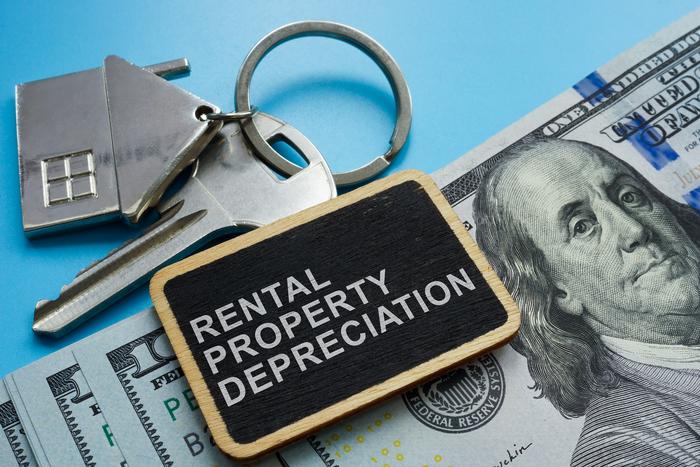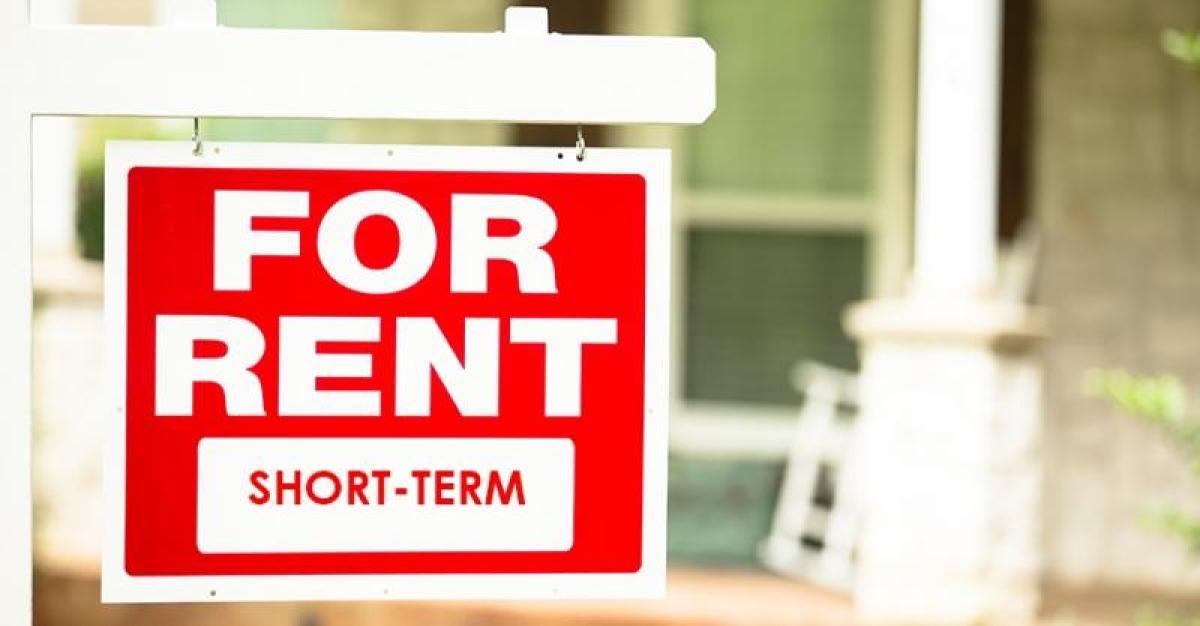Most homebuyers are attracted to the fact that once they own a home, they’ll be free of the sort of restrictions often imposed on renters. And while this is true to a great extent, when you purchase a home in a community or neighborhood that has a Home Owners Association, you’re making a commitment to a greater good that comes with its own ups and downs.
What is an HOA and how does it typically work?
An HOA's primary purpose is to maintain and, wherever possible, improve upon the governed property values over time. An HOA also provides enhanced buying power with vendors or service providers as well as offering homeowners a platform to voice feedback or concern over the immediate area surrounding their property. The latter is an important factor, especially given that much of a home's valuation in the market (the thing that affects the initial price of a home beyond the number of rooms, square footage and the like) is the neighborhood Comp or comparison to other homes in the immediate area.
Beyond making and enforcing rules, an HOA will collect dues and take care of outdoor tasks, including maintaining common areas, paying for city services such as trash removal and more. A rotating board consisting of resident volunteers typically runs the HOA and some HOAs may even work with a management company that provides a representative to attend board meetings along with residents. The HOA Board usually has some enforcement powers, as defined in the agreed-upon HOA rules. The Board may, for instance, be able to fine a resident who isn’t in compliance, suspend the use of the common facilities for that resident or even sue the resident in extreme cases.
An HOA is there for your protection
An HOA may, on the surface, appear overly concerned or even intrusive with regard to your home (it is after all your home). But remember that it is literally the charter of HOA bodies to actively pursue the sort of consistency of culture and asset growth (or reasonable degradation) that investors like to see. A common source of conflict that most homeowners have with HOAs is the board's tendency to push back against "improvements" on a home, but it is not only the duty of the HOA to do so, but maintaining reasonable uniformity actually does factor in to a property's ROI for all of the neighbors in a governed community (so it may not just be an over-zealous board).
You may be thinking about how your HOA is holding you back from some major (or minor) improvement, but what does "improvement" mean to you, or your next-door neighbor, or the new neighbor around the block that you've never met? What about the hundreds of new neighbors that move in over time throughout the next decade? What happens to your investment in both time and energy if the neighborhood develops a reputation among property specialists as being unpredictable or even unreliable? Remember, that much of any home's value is determined by similar homes or homes in the immediate area... you could have the best house on the block and attempt to pitch that down the road if/when you list, but the very pitch itself is a red flag to any seasoned professional.
For instance, what would happen to your investment (or quality of life) if your neighbor went ahead and installed bright pink siding in order to celebrate their love of all things happy? Or, the family across the street came to the conclusion that their dog was just too noisy inside and decided to pop up a chainlink fenced dog run in their front yard. Without an HOA, you’d have little recourse unless the neighbor is doing something that is explicitly counter to city/county regulations (and you might be surprised to learn what is permissible 5 feet this way or 10 feet that way). In this regard, HOAs may have more authority than city/county officials and that's a good thing for you. Because one of the most important things HOAs can do is protect property values and the sanity of all residents by establishing clear and consistent rules that everyone must follow.
Things to look for
If you plan to buy a home governed by an HOA, the best way to avoid future problems is to do in-depth research before you sign a contract (which, by signing, may put you in a position down the road of forced compliance - whether you like it or not). In addition, before you sign that contract, make sure the home you’re considering is in compliance itself - you don't want to inherit the last owner's headache. Get a copy of the rules which are often called covenants or Covenants, Conditions & Restrictions (CC&R), and study them carefully. Get to know the type of environment the HOA works to maintain. Here are some considerations you might look out for or ask about:
- Does the HOA collect dues and if so, what is the amount and frequency? Are there rules governing the amount and frequency of HOA fee increases? Has this changed significantly over time? How is their treasury (empty, well-stocked) and when was the last time they needed everyone to make a big investment in a community-wide project or to fill their emergency reserves. Do they even have emergency reserves?
- What do any potential fees cover? Services? Maintenance of common areas? In town home or condominium neighborhoods, explore what the owner is responsible for and what the HOA handles. Sometimes the HOA maintains and ensures the entire building, and the homeowner is only responsible up to the paint on the walls. It may become a big factor in the home's true, hidden value (beyond the immediate purchase price).
- What are the rules pertaining to individual residences? Find out what rules the residents must follow. Are these rules general, such as acceptable colors of the siding, or do they go down to specifics, such as how often you cut your grass?
- What level of enforcement does the HOA use? Will you get threatening letters if your fence is one-quarter inch taller than the rules allow? How long of a grace period do they typically provide for homeowners to rectify issues? After all, hiring a crew to make something right within 24 hours will likely cost you more than hiring a crew that can do it within the next 2 weeks (especially if the HOA also governs when and how vendors are allowed to work).
- Review the HOA's history and culture. How is the Board structured? Do they work well as a team or is there a legacy of in-fighting and beurocracy? Do the rules cover how board members are elected (and how they can be removed)? How often does the board rotate members and is there a minimal amount of time that you need to be a resident before you can join the board? Are there any special assessments in place, or anticipated down the road? Does the Board handle complaints and disagreements quickly and fairly?
To help answer some these questions, you might need to talk with the neighbors or even ask if you can sit in on a board meeting. Hey, if you've come this far in finding the perfect home, you might want to know more about the localized ruling body and decide if your dream home is governed by a nightmare board. Many of the considerations above will directly affect your investment for years to come, so it may quite literally pay to do your research on this.
Decide if you'll be comfortable with the HOA rules
HOA rules exist for a reason, although anything can be taken to ridiculous extremes. With that in mind, an HOA's culture should become a factor in your decision whether or not this property is right for you. If you feel the HOA rules for the community are reasonable and protect your investment, then you may have found a neighborhood that matches your lifestyle. Keep in mind that whenever you buy a home in a neighborhood, to some extent you are committing to live as a member of that community. Don’t ignore the HOA. The best way to have your voice heard is to participate in the governing of the neighborhood.
offrs collects and provides topical insights, statistics, reviews, humor and best practices gathered from real estate professionals and consumer homeowner industry peers. If you're a broker or agent interested in learning more about real estate agent leads or lead generation for real estate as a whole, then visit www.offrs.com (or just browse our collection of articles here at www.offrs.net.





















